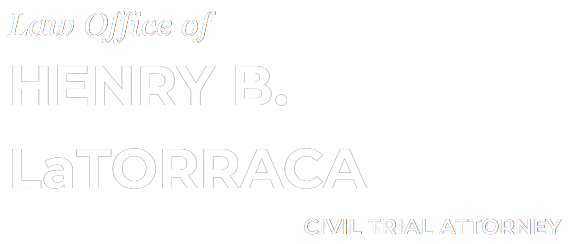California business owners should be aware of the practice of restraint of trade, which includes any activity that stops another party from doing business as it would typically do in the absence of such restraint. Examples of illegal restraint of trade can include interfering with a business deal in an illegal manner or two businesses colluding to fix prices so that a competitor is run out of business. However, there are restraints of trade that comply with the law.
The principle of restraint of trade is based on English common law and is found in certain federal statutes as well as in some state laws. Parties that suffer losses from illegal acts of restraint of trade can seek financial damages in civil court.
Business torts are purposeful and illegal acts that a party conducts to create some form of economic loss for another party. These types of torts refer to intangible financial losses, such as the inability to be active in the market, a damaged reputation or loss of customers, are caused by contract interference or some other action to restrict trade.
Restraint of trade is a legal policy that relates to a wide range of torts. For example, a party may file a tortious interference claim seeking damages if another party compromised a business or contract relationship. A restraint of trade claim may also be filed if it can be proven that the interference affected the plaintiff’s ability to conduct its business in a broader way, such as by harming the company’s standing.
An attorney could assist business owners who believe that they are the target of illegal restraint of trade activities such as price fixing. A lawsuit could be filed seeking appropriate compensation for the economic losses that have resulted.





